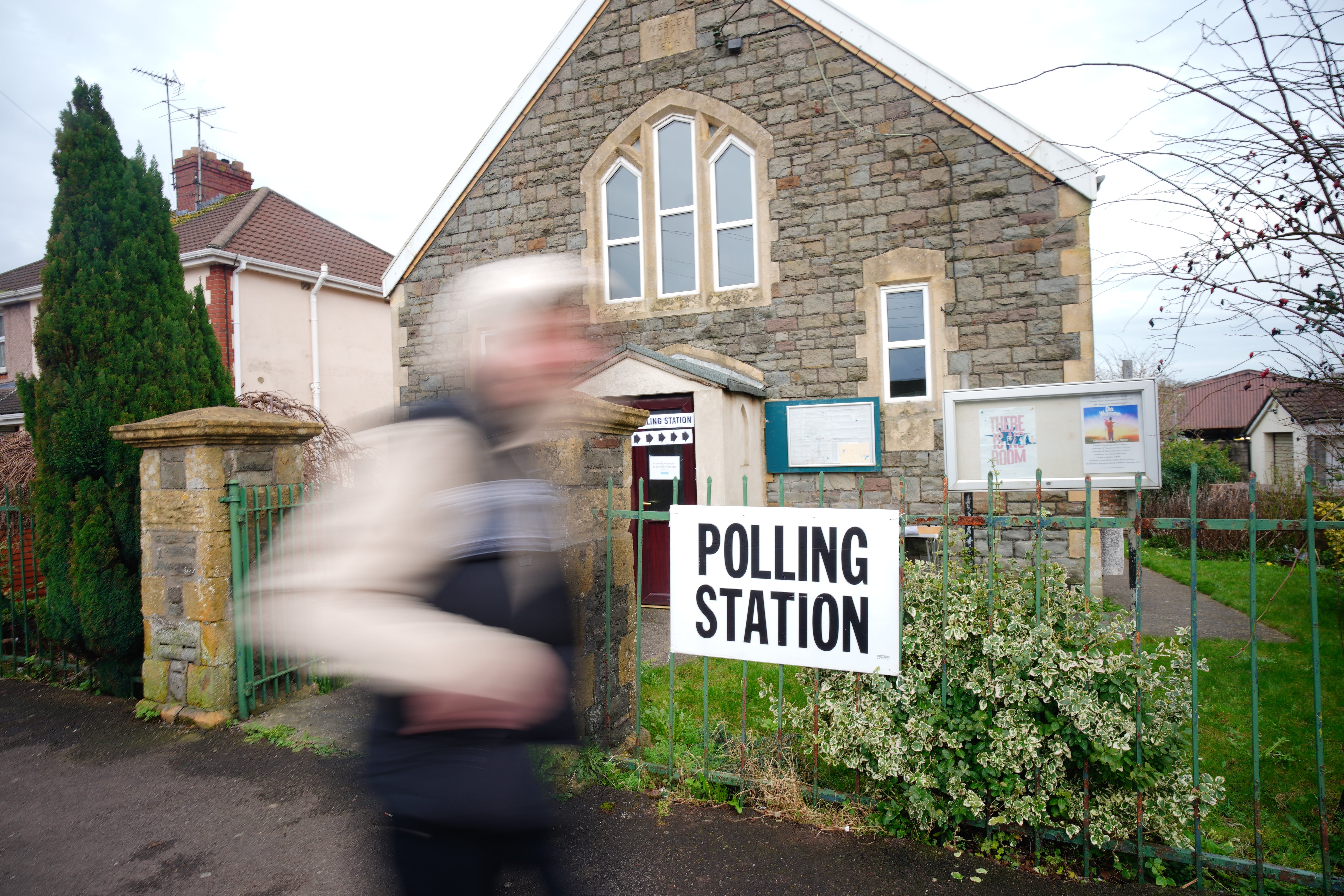Older suburban women who voted for Boris Johnson ‘hold key to next election’
Women over 60 will be vital but many are still undecided on how they will vote, says think tank

Your support helps us to tell the story
From reproductive rights to climate change to Big Tech, The Independent is on the ground when the story is developing. Whether it's investigating the financials of Elon Musk's pro-Trump PAC or producing our latest documentary, 'The A Word', which shines a light on the American women fighting for reproductive rights, we know how important it is to parse out the facts from the messaging.
At such a critical moment in US history, we need reporters on the ground. Your donation allows us to keep sending journalists to speak to both sides of the story.
The Independent is trusted by Americans across the entire political spectrum. And unlike many other quality news outlets, we choose not to lock Americans out of our reporting and analysis with paywalls. We believe quality journalism should be available to everyone, paid for by those who can afford it.
Your support makes all the difference.Suburban women aged over 60 who voted for the Conservative Party in 2019 will be decisive for Rishi Sunak at the next general election, according to a poll.
Undecided older-than-average females were part of the coalition of voters that gave Boris Johnson a majority in 2019, but that has now fragmented, leaving the Conservatives struggling to improve their support in the country, polling published on Friday by the think tank More In Common suggests.
While several voting groups appear to have switched directly from the Conservatives to Labour, others have opted for Reform UK.
But a larger proportion currently say they do not know how they will vote. Of this group, which makes up around 6 per cent of voters, most are female, older than average and likely to live in towns or suburbs, said Luke Tryl, More In Common’s UK director.
Mr Tryl said: “Whilst winning back this group won’t be enough to keep the Conservatives in power… they will determine the size of any likely Labour victory, from a hung parliament to a landslide.”
More In Common’s analysis, based on polling of more than 3,000 British adults in the last week of January, also suggests that the next election will be based on policy rather than personality, with neither of the two main party leaders proving a draw for voters.

Mr Tryl said: “As this in-depth analysis suggests, the parties’ fortunes are likely to be shaped by a series of factors that sit underneath headline voting intention.
“That includes the dominance of the cost of living, the rising salience of crime, what the unusually large number of undecided female voters who voted Tory in 2019, ultimately decide to do and to what extent third-party voters for the Greens, Liberal Democrats or Reform UK decide to vote tactically.”
The cost of living remains a key concern, listed as the number one issue by every voter group despite the fall in inflation over the past year, while concerns about crime and the NHS were particularly prevalent with swing voters.
Mr Tryl also warned that the Conservatives were unlikely to win back swing voters with a platform of tax cuts and “culture war issues”.
He said those who had switched to supporting Labour were more likely to want investment in public services rather than tax cuts, while subjects such as gender identity and leaving the European Convention on Human Rights were of only “minority appeal”.

One possible tax cut that did prove popular, however, was a reduction in council tax, with 43 per cent of undecided former Conservative voters supporting a reduction in the levy, compared to 29 per cent saying the same about income tax.
Mr Tryl also suggested it was unlikely that the Conservatives would be able to peel large numbers of supporters away from Reform UK, with only a quarter saying they would consider backing the government if Reform stood down and many “anti-system” voters saying they would either stay at home or cast another protest vote if Richard Tice’s party were not an option.
But the analysis was not universally positive for Labour, either, with Mr Tryl noting that the party’s pledge to invest £28bn a year in green projects had been its second most popular proposal behind scrapping tax breaks for non-doms.
He said: “Labour risks reinforcing the charge they are more of the same by having ditched one of their most popular policies with their likely voters.”
Polling suggested that while a quarter of those switching from the Conservatives to Labour said they had no hesitation about voting for Sir Keir Starmer’s party, some 20 per cent said they were still concerned Labour would be no better at handling the cost of living crisis.
Mr Tryl also warned that the main “glue” holding the coalition of potential Labour voters together was a desire to get the Conservatives out of office, which could cause problems for any future Labour government.
He said: “Given the breadth of the Labour coalition, I struggle to see the glue that keeps them together [holding] when things get hard in government.”
Join our commenting forum
Join thought-provoking conversations, follow other Independent readers and see their replies
Comments